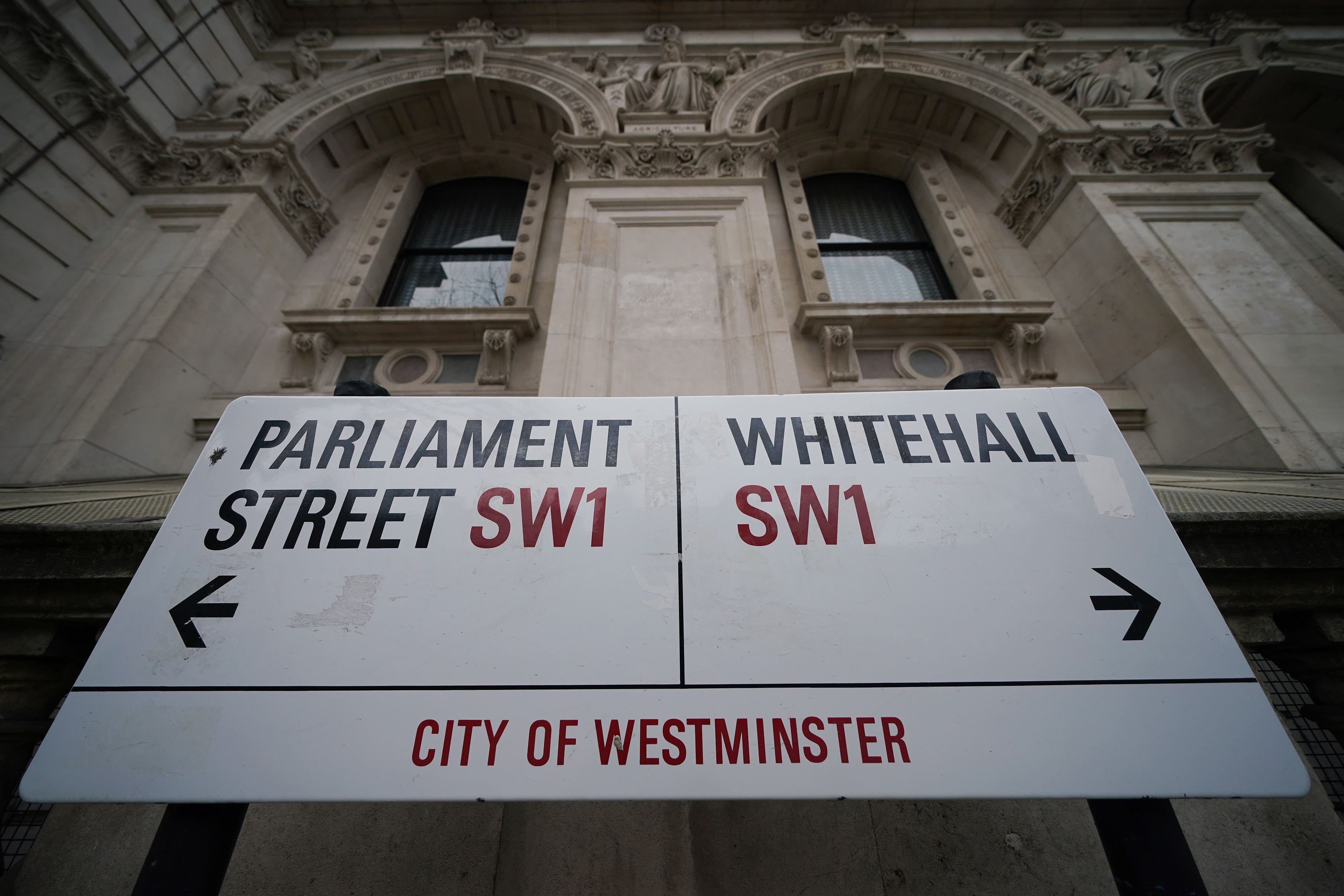Starmer wants to tackle civil service ‘churn’ – report
Sir Keir Starmer will seek to bring stability among senior civil servants if Labour wins the next general election, according to reports.

Your support helps us to tell the story
From reproductive rights to climate change to Big Tech, The Independent is on the ground when the story is developing. Whether it's investigating the financials of Elon Musk's pro-Trump PAC or producing our latest documentary, 'The A Word', which shines a light on the American women fighting for reproductive rights, we know how important it is to parse out the facts from the messaging.
At such a critical moment in US history, we need reporters on the ground. Your donation allows us to keep sending journalists to speak to both sides of the story.
The Independent is trusted by Americans across the entire political spectrum. And unlike many other quality news outlets, we choose not to lock Americans out of our reporting and analysis with paywalls. We believe quality journalism should be available to everyone, paid for by those who can afford it.
Your support makes all the difference.Sir Keir Starmer will seek to reduce “churn” among senior civil servants if Labour wins the next general election, according to reports.
Allies of the Labour leader have told the Financial Times that Sir Keir thinks that it is wrong that senior officials change or move jobs so frequently.
They told the paper that “civil service stability” will be important for delivering Labour’s aims in office, if it takes power after the next general election.
Former senior civil servant Sue Gray, who oversaw the report into pandemic-era rule-breaking in Downing Street, is among the top figures advising Sir Keir ahead of the next nationwide poll.
An election must be held by January 2025, but Rishi Sunak is expected to call an election next year.
Cabinet Office minister John Glen hit back at Labour over the reports, accusing it of “copying and pasting from government policy”.
He said that there already is a “default minimum length of service for a director-general in the civil service at four years”.
“We have identified that churn is a significant issue and already taken steps to tackle this, with further announcements to come in due course.”
It comes at the same time as concerns that some civil servants are being overpromoted amid a squeeze on pay in Whitehall.
The Times reported findings from the Institute for Government’s annual Whitehall monitor, due to be published in January, that “grade inflation” is seeing some less-qualified staff move to more senior jobs.
Unhappiness over pay could drive some people to the private sector, it warns.
“Pay in real terms has gone down quite significantly and part of the response to that in the civil service has been to promote people more.
“That’s a very notable trend,” Alex Thomas, programme director at the respected think tank, told the paper.
A Government spokesperson said: “All appointments go through rigorous processes, based on merit and through open and fair competition, as set out in the Civil Service Commission’s recruitment principles.
“We are building a more specialised, efficient and highly skilled Civil Service to deliver on the public’s priorities, while expanding our use of automation and AI to reduce administrative workloads, and the overall grade composition will change to reflect this.”